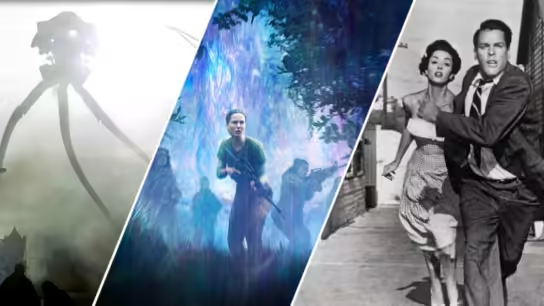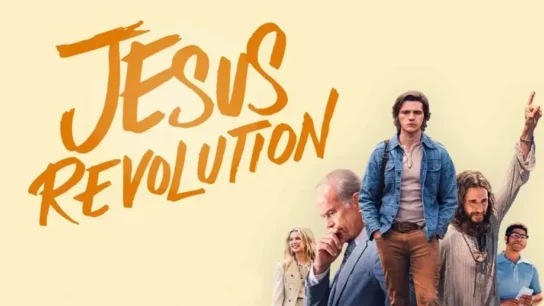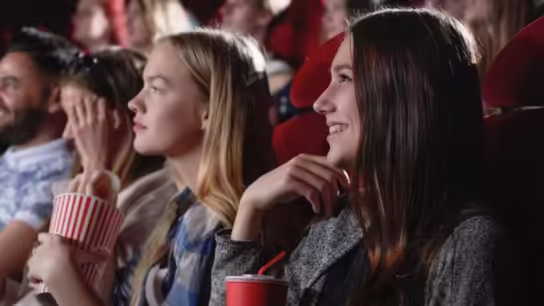In the realm of horror cinema, few creatures evoke the same mix of terror and fascination as zombies. These undead beings, reanimated corpses hungry for human flesh, have been a staple of horror storytelling for decades. From their humble beginnings as shambling monsters in grainy black-and-white films to their current status as cultural icons, zombie movies have undergone a remarkable evolution, reflecting societal fears, technological advancements, and shifting audience tastes.
Early Origins and Classic Zombie Cinema
The concept of zombies originates from Haitian folklore, where they were believed to be reanimated corpses controlled by voodoo magic. This notion found its way into popular culture through literature and eventually film. The 1932 film “White Zombie,” starring Bela Lugosi, is often credited as the first significant zombie movie. It depicted zombies as mindless slaves under the control of a malevolent sorcerer, setting a precedent for the undead as tools of dark forces.
The Influence of George A. Romero
The modern conception of zombies, however, owes much to George A. Romero and his groundbreaking film “Night of the Living Dead” (1968). Romero reimagined zombies as flesh-eating ghouls driven by an insatiable hunger for human flesh, roaming an apocalyptic landscape. This film not only established the zombie apocalypse trope but also introduced social commentary on race, consumerism, and societal breakdown, making it a milestone in horror cinema.
Romero’s sequels, such as “Dawn of the Dead” (1978) and “Day of the Dead” (1985), further cemented the zombie genre’s popularity. These films explored themes of survival, human nature under extreme stress, and the collapse of civilization, resonating with audiences during periods of societal upheaval.
Resurgence and Reinvention
In the 21st century, zombies experienced a resurgence in popular culture, spurred by films like Danny Boyle’s “28 Days Later” (2002), which introduced the concept of fast-moving, rage-infected zombies. This departure from Romero’s slow-moving undead added new intensity and urgency to the genre, influencing subsequent films and TV series.
The success of films like Zack Snyder’s “Dawn of the Dead” remake (2004) and the horror-comedy “Shaun of the Dead” (2004) demonstrated the genre’s versatility, blending horror with comedy and action. Television series like “The Walking Dead” (2010-present) expanded the zombie narrative into long-form storytelling, exploring character development and moral dilemmas within a post-apocalyptic setting.
Cultural Impact and Beyond
Beyond their entertainment value, zombie movies have become a cultural phenomenon. They serve as allegories for various contemporary fears and societal issues, including pandemics, environmental collapse, and political unrest. The enduring popularity of zombie walks, conventions, and cosplay events further underscores their cultural significance and fan community.
Moreover, the zombie genre continues to evolve, with filmmakers experimenting with diverse storytelling approaches and subverting traditional tropes. From psychological horror to comedy and even romance, zombies have found their way into numerous genres, continually reinventing themselves to captivate audiences.
Conclusion
In conclusion, zombie movies have evolved from their origins in Haitian folklore and classic horror cinema to become a multi-faceted genre that reflects and critiques contemporary society. Whether they are terrifying creatures of the night or vehicles for social commentary, zombies continue to captivate audiences worldwide. As long as filmmakers and storytellers continue to explore new narratives and themes, the undead are likely to remain a vital and enduring part of popular culture for years to come.





